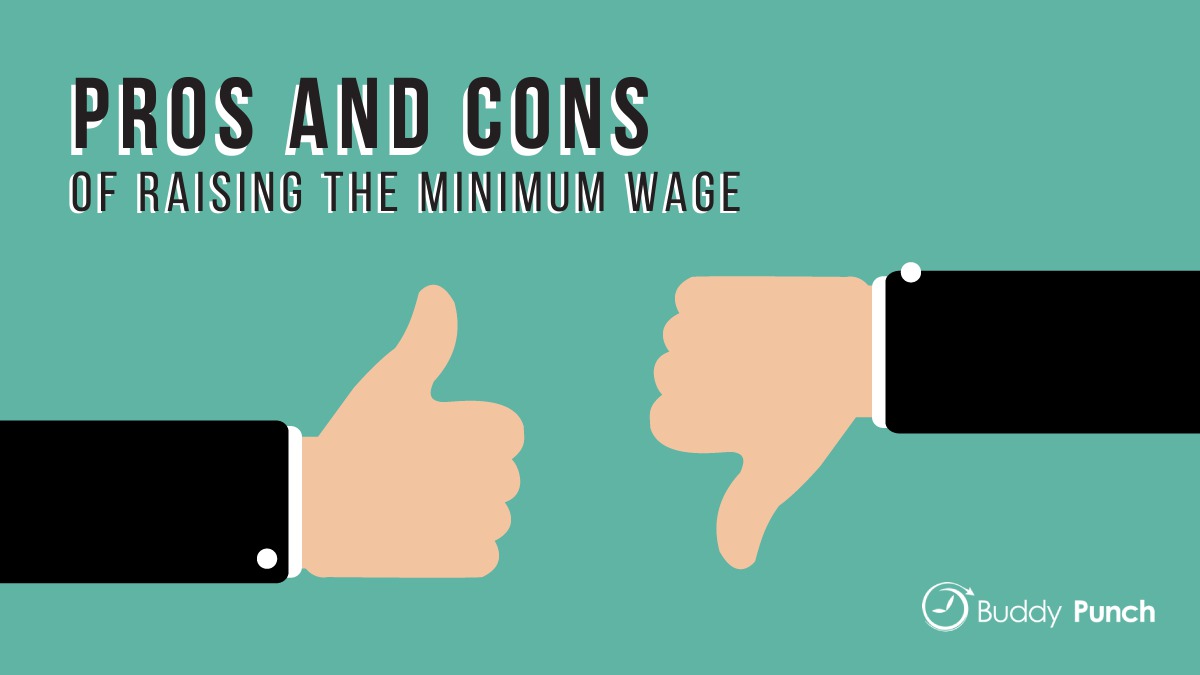Managing Regulation Compliance (Eco 615)
Managing Regulation Compliance (Eco 615)

Course Description
Sustainability initiatives must be integrated with a complex set of government regulations. We will analyze many
different types of regulations: taxes such as carbon taxes and gasoline taxes; standards such as renewable fuel standards,
labor standards such as minimum wages, and CAFE (automobile miles per gallon) standards; permit based systems such as
Europe's Carbon Emissions Trading System (ETS) and California's Cap-and-Trade System; subsidies such as subsidies for
wind power and electric vehicles; and many variants.
All regulation systems allow firms flexibility in how to comply. For example, companies can often earn credits for
over-complying, which can be sold or banked for future use. We will see that compliance then becomes a strategic
decision, and so we will integrate compliance and sustainability strategies.
Finally, many options for making the firm more sustainable, such as internal carbon taxes, renewable energy certificates,
and carbon offsets, are very similar to regulation. We will analyze these options to see which generate the largest
emissions reductions at the least cost.
General Information
Professor: Professor David L. Kelly (Dave).
Course Meetings:
Section 32: Monday and Wednesday from 10:30 am to 12:45 pm in room Aresty 431.
Office: Room 517G, Jenkins School of Business.
Office hours: Tuesdays from 2-5 in person.
Contacts: Dave can be contacted via phone (8x3725) or email (dkelly@miami.edu).
Web Site:
All notes, homeworks, reviews, quizzes, and solution sets and the syllabus will be posted on Canvas. The syllabus is
also available on Dave's website (http://moya.bus.miami.edu/~dkelly/teach/eco615/index.html)
Final Exam:
Wednesday, December 3, from 10:30 am to 12:45 pm, in the same room.
Prerequisites
This course has no pre-requisites. Nonetheless, Dave will assume a working knowledge of basic economic concepts such as
supply and demand, and basic math. See me for some extra references if you feel your skills are lacking in either area.
Textbooks
The suggested textbook is:
Kolstad, Charles D., Environmental Economics, Second Edition, Oxford Press, 2011.
Grades
- 3 Homeworks 25% (due dates: October 22, November 5, November 19)
- First Quiz (October 29) 25%
- Second Quiz (November 12) 25%
- Final Quiz (December 3) 25%
Additional Notes
- Attendence is required and very important for this class. All quiz material comes from class notes, and many in
class problems are only available in class. Dave will provide detailed notes. But smart students will attend every class
and take detailed notes on the in-class examples, and will therefore find that the homeworks and quizzes are
straightforward. Of course, if you are sick or experiencing Covid like symptoms, please stay
home.
- There is a homework or quiz due every Wednesday. Each homework is worth 8.3%, about a letter grade. Dave prefers
homeworks to be submitted via email, but in person is OK too. If submitting by email, please submit a Word Document or
pdf, avoid huge jpeg/picture files. The homework email must be sent (or handed in) by the time class starts. Dave
recognizes that sometimes emergencies occur, in which case a student can be excused from turning in a homework. In this
case, the final will be weighted more. Students must let Dave know in advance if they are unable to turn in a homework on
time. Finally, the homeworks sometimes demonstrate how the concepts used in class are applied in the "real world."
Because the real world is complicated, the homeworks can be long. Do not wait until the last minute to start the
homeworks.
- The three quizzes are October 29, November 12, and December 3. Now is the time to mark your calandars. As with the
homeworks, if there is an emergency or you are experiencing Covid symptoms and cannot take the quiz, the final will be
weighted more. Students must let me know in advance of the quiz start time if there is an emergency.
- With six week courses, it is important to keep up. Missing one class is equivalent to missing a week's worth of
undergraduate classes.
- What they say about Dave on Rate My Professor:
- "Can be an a-- if you procrastinate."
- "God help you if you don't go to class."
Course Outline
- Introduction (chapters 1-2, 3.1-3.2 October 13-15).
- What is this course about?
- Legal versus economic framework.
- Thinking like an economist.
- Sustainability and regulation.
- How does a firm manage regulation?
- Economic trade-offs.
- Sustainability related costs and benefits.
- Welfare.
- Importance of Well-Designed Regulation.
- Market failures.
- Welfare criteria.
- Stakeholders.
- Stylized Facts.
- Environment.
- Social.
- Regulation.
- Markets and market failures (chapters 4.1, 4.2D, 4.3, 5.4, 6.1A-B October 15-20).
- Unregulated Markets.
- Private supply and demand.
- Private marginal cost.
- Equilibrium.
- Welfare.
- Pareto criterion.
- Welfare theorems.
- Externalities.
- Public goods.
- HOMEWORK 1 DUE OCTOBER 22.
- Marginal Social Cost.
- Output markets.
- Marginal social cost.
- Sustainability Considerations.
- Input and Pollution Markets.
- Marginal cost of reducing/increasing.
- Marginal cost of reducing versus key performance indicators (KPIs).
- Multiple inputs: substituting sustainable inputs for unsustainable
inputs.
- Public Goods.
- Regulation (chapter 11.1-11.4, 12, 13.2, 18.4, October 22 - November 19).
- Taxes.
- Pigouvian tax.
- FIRST QUIZ, OCTOBER 29.
- Direct vs. Indiret taxes
- Firm compliance decision: reduce or pay tax.
- Equi-Marginal Principle.
- Imperfect competition.
- Internal carbon taxes.
- Taxes and innovation and sustainability incentives.
- Cap and Trade (Tradeable permits).
- Permit trading mechanics, examples in CA and Europe.
- Firm compliance decision, buy or sell/reduce.
- Optimal quantity of permits.
- Initial allocation.
- Banking.
- Cap and trade and innovation and sustainability incentives.
- HOMEWORK 2, DUE NOVEMBER 5.
- Standards.
- Emissions Standards.
- Technology Standards.
- Intensity Standards.
- Standards and innovation and sustainability incentives.
- SECOND QUIZ, NOVEMBER 12.
- Subsidies.
- Subsidies and compliance decisions.
- Capture of subsidies through price increases.
- Additionality problem.
- Regulation-Like Markets
- Carbon Offsets.
- HOMEWORK 3 DUE NOVEMBER 19
- Renewable Energy Certificates.
- Additionality problem.
- Cap and Trade with Offsets.
Class notes.






